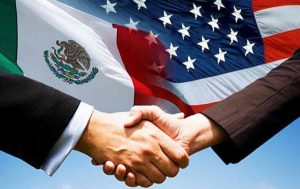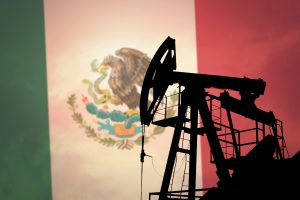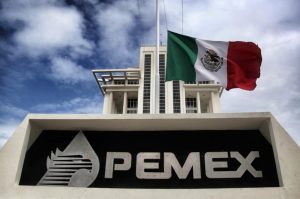Seguros para las actividades de transporte, almacenamiento, distribución y expendio de hidrocarburos y petrolíferos; compresión, descompresión, licuefacción y regasificación de gas natural
Las empresas que realicen actividades de Transporte, Almacenamiento, Distribución y Expendio de Hidrocarburos y Petrolíferos, así como Compresión, Descompresión, Licuefacción y Regasificación de Gas Natural deben contar con seguros, de acuerdo a las Disposiciones Administrativas de Carácter General en materia de Seguros para dichas actividades, publicadas en el Diario Oficial de la Federación el 23 de julio de 2018 (DAGCS-TADE).
Con ello, la Agencia de Seguridad Industrial y Protección del Medio Ambiente del Sector Hidrocarburos (ASEA) cumple con la atribución que le fue otorgada en el artículo 6, fracción I, inciso c), de su Ley, en donde se establece “el requerimiento de garantías o cualquier otro instrumento financiero para que los Regulados cuenten con coberturas financieras contingentes frente a los daños o perjuicios que pudieran generar” en toda la cadena de valor de los hidrocarburos.
Requerir garantías financieras obedece al hecho de que el sector de los hidrocarburos es particularmente susceptible a experimentar accidentes, ya que el petróleo y el gas natural son considerados sustancias peligrosas, por su potencial para generar incendios, explosiones o contaminación por derrames.
Si bien es cierto que las empresas son cada vez más conscientes de la importancia de implementar programas de administración de riesgos, que les permitan identificar, analizar, controlar, transferir y monitorear los riesgos a los que están expuestas, hay eventos difíciles de predecir o que no pueden ser controlados, como son los desastres naturales o la negligencia y/o impericia de empleados o de terceros.
Es precisamente para esos riesgos que superan las medidas preventivas que el seguro se vuelve el instrumento financiero por excelencia para evitar pérdidas mayores que aquellas derivadas del siniestro, como pueden ser: afectación patrimonial; incumplimiento ante clientes y proveedores; paralización de las actividades y la quiebra.
Actualmente los seguros son reconocidos como una de las mejores prácticas internacionales en materia de seguridad industrial y protección ambiental en el sector hidrocarburos, para reparar los daños y absorber las pérdidas económicas que se puedan derivar de un siniestro.
La publicación de la regulación en materia de seguros de responsabilidad civil y responsabilidad ambiental para las actividades de Transporte, Almacenamiento, Distribución y Expendio de hidrocarburos y petrolíferos, así como Compresión, Descompresión, Licuefacción y Regasificación de Gas Natural establece montos mínimos de seguros para ciertas actividades como el transporte por auto-tanque, buque-tanque y carro-tanque. Para otras actividades cuyas características hacen difícil establecer un estándar, se solicita elaborar un estudio de pérdida máxima probable para determinar la suma asegurada.
Los seguros deberán registrarse ante la ASEA como requisito previo para obtener el permiso correspondiente de la Comisión Reguladora de Energía (CRE).
En NRGI Broker somos expertos en administración de riesgos y seguros y fuimos el consultor de la ASEA para la regulación en materia de seguros de responsabilidad civil y responsabilidad ambiental para Transporte, Almacenamiento, Distribución y Expendio de hidrocarburos y petrolíferos; Compresión, Descompresión, Licuefacción y Regasificación de Gas Natural, por lo que somos la mejor opción para asesorarte.
Acércate a nosotros, con gusto te atenderemos.
[1] Conocido como PML (Probable Maximum Loss), por sus siglas en inglés.










